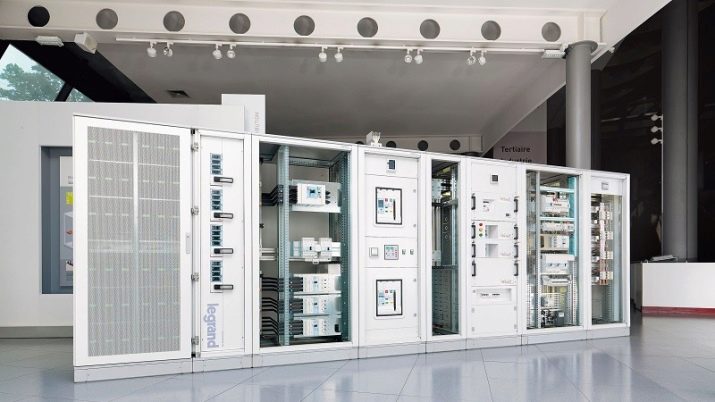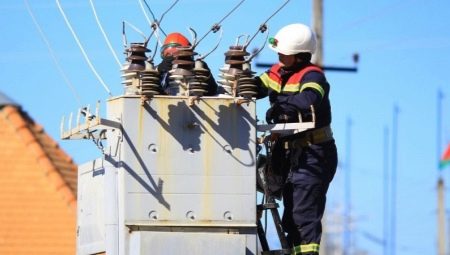In the process of choosing their future profession, many people are guided by such a career indicator as the demand and relevance of specialists of a particular field in the modern labor market. In the past few years, the so-called working professions have become increasingly popular, which, in fact, are more associated with the application of specific practical skills than with a certain amount of theoretical knowledge. Today in our article we will talk about the profession of an electrician, and also we will deal with what categories of these specialists exist.
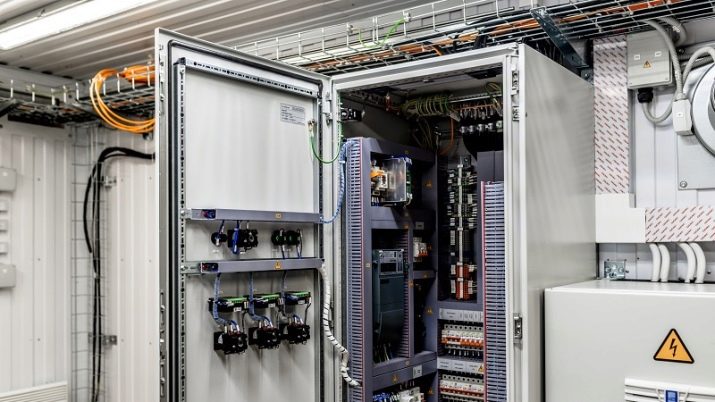
Features
The work of electricians is associated with the operation of various equipment (for example, electricity meters, relay protection equipment, communications equipment, alarms, and much more). The profession is usually classified as workers. Generally speaking, the need for such specialists first appeared at the end of the 19th century. This was due to the active development of electrical engineering and the most important for modern people inventions of Edison, Depre, Tesla. However, to date, professionals in this field remain relevant in the personnel market.
I must say that the work of an electrician is associated with great risks, responsibility and a high level of stress. However, at the same time, these specialists receive high material rewards for their work and can relatively quickly move up the career ladder.
Job Description
Job description a specialist, the duties of a professional that he must perform on a daily basis, as well as the theoretical concepts that he should know and the practical actions that an electrician should be able to perform, depend on what kind of professional discharge an employee has. Accordingly, the requirements of the employer will change with your confirmation of a higher category. In general, all information regarding the work of a specialist in the operation of distribution networks is detailed in ECTS.
Consider the main provisions of the job descriptions for specialists of various categories.
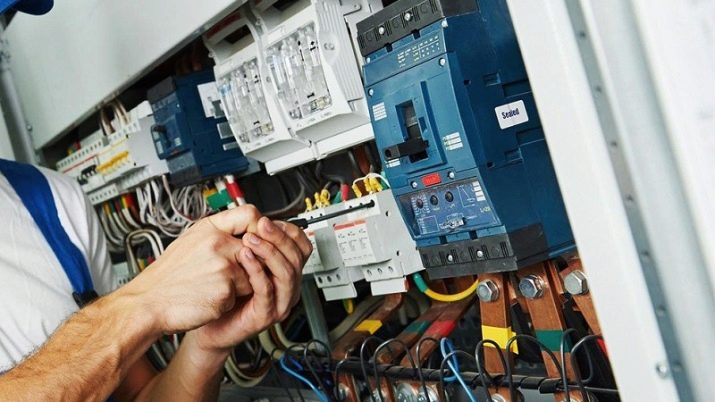
2
The specialist of the 2nd category performs the following tasks:
- simple repair of electrical equipment (at the same time, even a beginning electrician most often does not do such simple work independently, but under the supervision of an experienced and professional);
- the implementation of cleaning work through specially designed compressed air;
- splicing of wires (in this case, the voltage indicator should not exceed 1000 V);
- repair of various power plants;
- operation of special tools and equipment;
- the implementation of simple plumbing and the like.
In this case, the obligatory competencies of the electrician include:
- design of various electric motors and generators;
- basics of rigging;
- splicing methods;
- existing types of electrical materials, as well as their characteristics;
- operating rules for working equipment.
It should be borne in mind that the 2nd category is the initial one, therefore the specialist who possesses this category performs a rather small number of tasks that are relatively uncomplicated in nature.
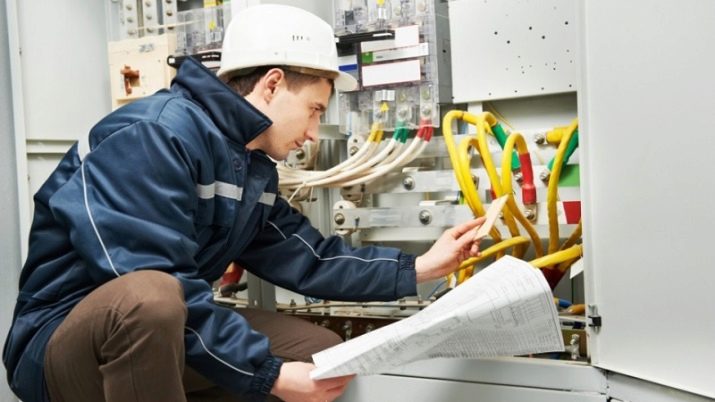
3
The duties of an electrician of the 3rd category include:
- work at power plants of various types, provided that they are completely disconnected from the voltage;
- load change of electrical equipment at a particular site;
- work with fittings that are not classified as explosive;
- operation of wind power plants, the power of which does not exceed the indicator of 50 kW;
- repair of electrical equipment, which includes its assembly and disassembly, as well as adjustment (these works are not carried out by a specialist independently, but as part of a team);
- carrying out rigging by means of lifting equipment of various types;
- laying wiring (not independently, but in conjunction with other specialists) and other works.
To fulfill his work tasks, an employee must possess such specialized knowledge, such as:
- detailed characteristics of electrical insulation materials;
- conditional symbols of the conclusions of the equipment windings;
- cable change methods that are characterized by high voltage;
- the basics of the functioning of electric motors, oil switches;
- ways to fix problems in the electrical network.
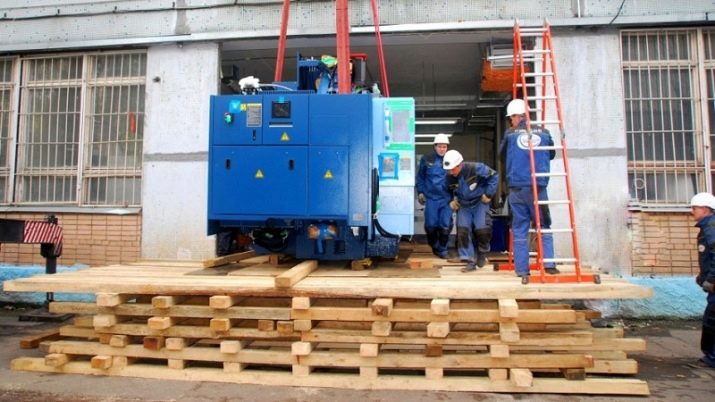
4
If a specialist has the 4th category of professionalism, then he has the right and ability to perform such functions:
- adjustment of electrical units (under the supervision or supervision of a more experienced electrician);
- inspection work in relation to the equipment of electric drives;
- adjustment of equipment of different types of alarms;
- operation of power and lighting electrical devices;
- installation of luminescent circuits;
- removal of defects in electrical equipment;
- implementation of tasks on the basis of drawings and diagrams specially designed for these purposes.
In this case, the electrician must know:
- basic provisions of electronics;
- the design of electric motors of various categories and models;
- the basics of the current protection circuit;
- rules for using relay protection;
- rules for the use of instrumentation.

5
The job description of the electrician of the 5th category includes such duties:
- centering of high-voltage units, the voltage index of which does not exceed 15 kV;
- repair work in relation to automation and telemechanics units;
- work with power and lighting installations, which have complex switching schemes;
- adjustment of cable networks (provided that their voltage exceeds 35 kV);
- balancing rotors;
- adjustment of equipment for drying and vacuum furnaces;
- installation of automatic elements in steelmaking furnaces, rolling mills and more.
For the correct implementation of the tasks described above, a specialist must have, among others, such knowledge:
- principles of telemechanics;
- other relevant technical regulations;
- schemes of various electric motors;
- cable network test methods;
- The internal design of a variety of electrical appliances.

6
Electricians of the 6th category in the process of their work are responsible for the implementation of many tasks, among them:
- maintenance of sections and workshops, which are characterized by particularly complex switching schemes;
- adjustment work in relation to experimental schemes of technological equipment;
- verification work regarding the accuracy of the operation of measuring transformers;
- comprehensive tests of electrical devices;
- maintenance of electric pulse installations;
- work with electric recorders;
- dismantle of cable lines in special pipelines.
In this case, the employee must necessarily possess the following knowledge:
- the basics of the operation of protections with high-frequency blocking;
- details of selenium rectifier circuits;
- safety regulations;
- internal design of ignitron welding machines with electronics;
- methods for setting up automatic control circuits and many others.
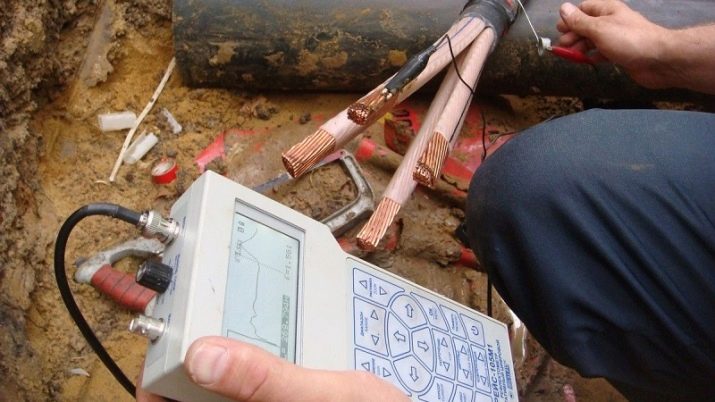
7
Electricians who received the 7th category, perform such basic work tasks:
- repair of electrical equipment of various types, the voltage indicator of which is in the range from 25 to 35 kV;
- operation of lighting equipment, which is characterized by complex switching schemes;
- adjustment of welding equipment of technological type;
- work with the latest and experienced models of electrical devices;
- test work in relation to measuring transformers;
- diagnostic work for the equipment of the transport and technological chain;
- comprehensive commissioning work in relation to tele-signaling devices.
In this case, the specialist must possess such professional knowledge:
- industrial electronics (basic provisions);
- the internal structure of microprocessor units;
- methods for the development and creation of control systems based on microprocessor technology;
- techniques for introducing the use of technological and test programs;
- methods of primary and secondary switching of complex switchgears.
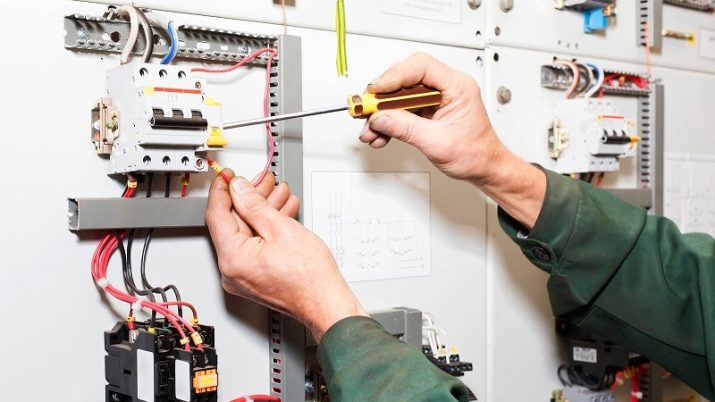
8
This category is considered the highest, respectively, those specialists who possess it are assigned the most complex and complex tasks. Among them:
- maintenance of integrated protection schemes, automation, telemechanics;
- verification work regarding the correct functioning of unique models of electrical equipment;
- development and creation of circuits based on integrated and logical elements;
- equipment adjustment in especially complex experimental schemes of technological equipment;
- use in the course of work of specially designed computing equipment;
- operation of electronic circuits of inverter welding sources;
- adjustment of existing technology programs.
The mandatory amount of necessary theoretical knowledge includes:
- recuperative converters tuning options;
- block diagrams of the telemechanics complex;
- test methods for the introduction of sophisticated experimental techniques;
- repair instructions for automation equipment containing integrated circuits;
- tuning methods for converting equipment systems.
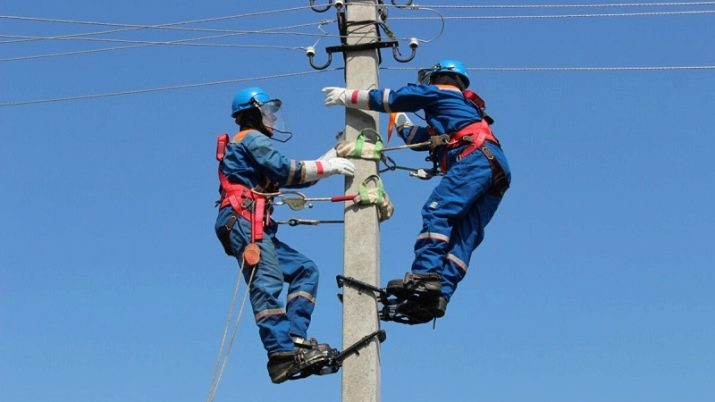
Training and Promotion
In order to get access to the electrician, you need to get the appropriate specialized secondary education at a technical school or college. Then you will need to pass special qualification exams, and only then you can start working directly. The term of education is 3 years.
In addition, even after receiving basic education, it is necessary to constantly develop professionally. So, the profession of an electrician has a clearly defined capacity, the maximum rank is 8. In order to increase the rank and get the appropriate certificate, you need to pass a certification exam. Details of which categories of electricians are described in a single tariff guide.
Place of work
After graduation, a young specialist can count on job placement junior employee, assistant or trainee. At the same time, with obtaining the necessary professional experience, as well as practical skills, one can count on career advancement and, as a result, an increase in salary.
In general, at the peak of his career, an electrician can take the position of shift supervisor in an electrical workshop.
